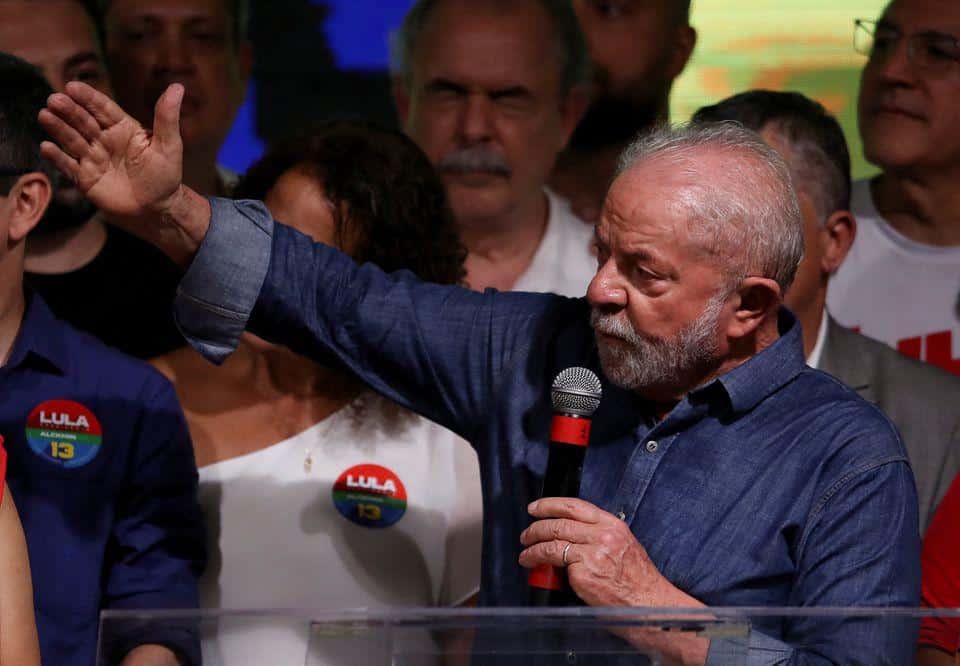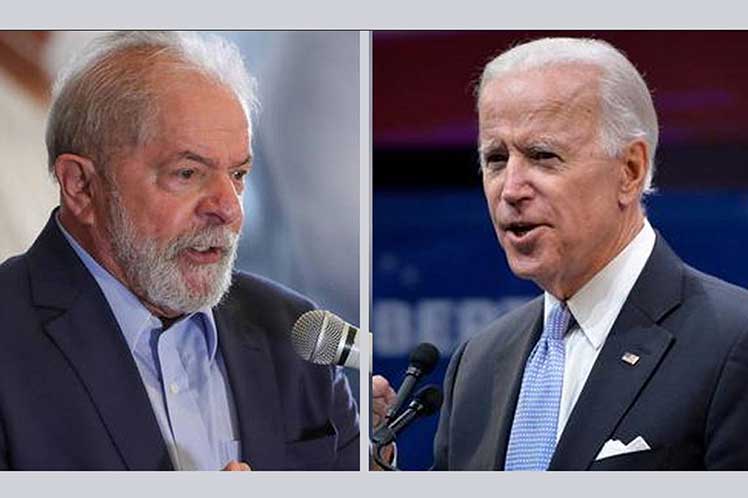Brazil’s Former president, Luis Inacio Lula da Silva defeated right-wing President Jair Bolsonaro in an election runoff on Sunday, marking Lula’s astonishing comeback and the end of Brazil’s most right-wing government in decades.
The Supreme Electoral Court declared former President Lula the winner after he received 50.9% of the vote versus Bolsonaro’s 49.1%. The inauguration of 77-year-old Lula is set for January 1.
The vote responded to Bolsonaro’s fiery far-right populism, which emerged from the back benches of Congress to build a fresh conservative coalition but lost popularity as Brazil suffered one of the worst COVID-19 death tolls.
Bolsonaro, 67, who has for years made unsubstantiated assertions that Brazil’s election system is prone to fraud, first remained mum about the outcome. According to Reuters, electoral authorities are ready for him to contest the outcome and have made security arrangements in case his followers conduct protests.
“Democracy,” Lula said on Twitter, over a photo of the Brazilian flag beneath his left hand, missing his little finger due to a metalworker accident decades ago.
Before a planned address, he was greeted by jubilant supporters at a rally on Sao Paulo’s Paulista Avenue. In a video on social media, Vice President-elect Geraldo Alckmin and campaign staff leapt up and down, yelling,
Biden Congratulates the New President of Brazil
Everyone congratulated Lula, including foreign leaders from the United States, From President Joe Biden to France’s Emmanuel Macron to Argentina’s Alberto Fernandez.
Lula has promised a return to the state-led economic growth and social measures that lifted millions out of poverty during his last presidency from 2003 to 2010. He also promised to tackle Amazon rainforest degradation, which is at a 15-year high and to make Brazil a leader in global climate discussions.
His triumph solidifies a new “pink tide” in Latin America, following historic leftist victories in Colombia and Chile, replicating a regional political change two decades ago that propelled Lula to the global arena.
Lula, a former union leader from a poor family, spearheaded strikes against Brazil’s military regime in the 1970s. An economic boom fuelled by commodities accompanied his two-term president, who departed office with record popularity.
His Workers Party, on the other hand, was tainted by a deep recession and a record-breaking corruption scandal that landed him in prison for 19 months on bribery convictions that were later reversed by the Supreme Court last year.
In his third term, Lula will face a slow economy, harsher budget limits, and a more hostile Congress. After this month’s general election, Bolsonaro’s allies formed the strongest caucus in Congress, demonstrating the enduring power of his conservative alliance.
Bolsonaro has regularly made unfounded charges of electoral fraud and openly discussed refusing to recognize the election results last year.










